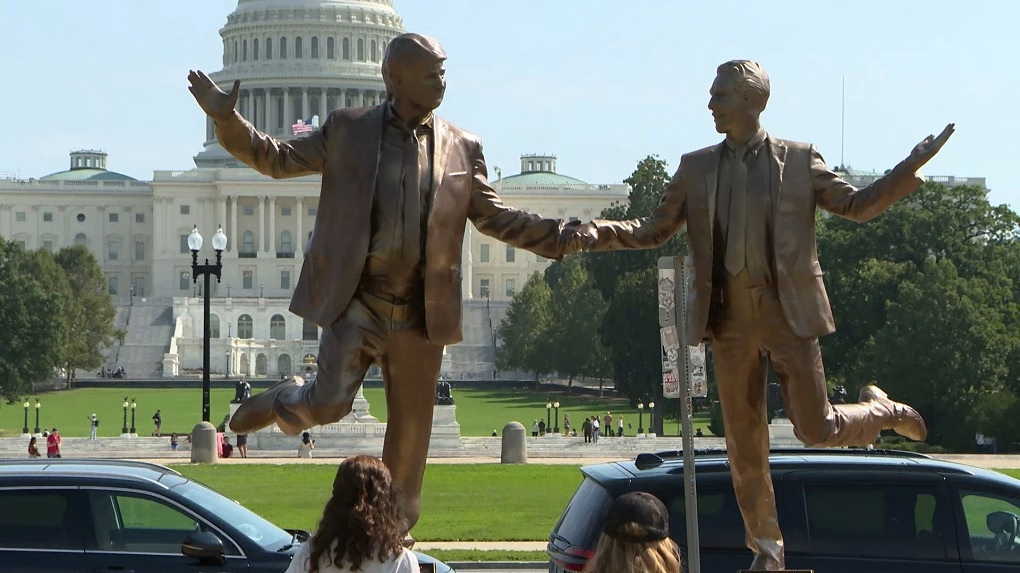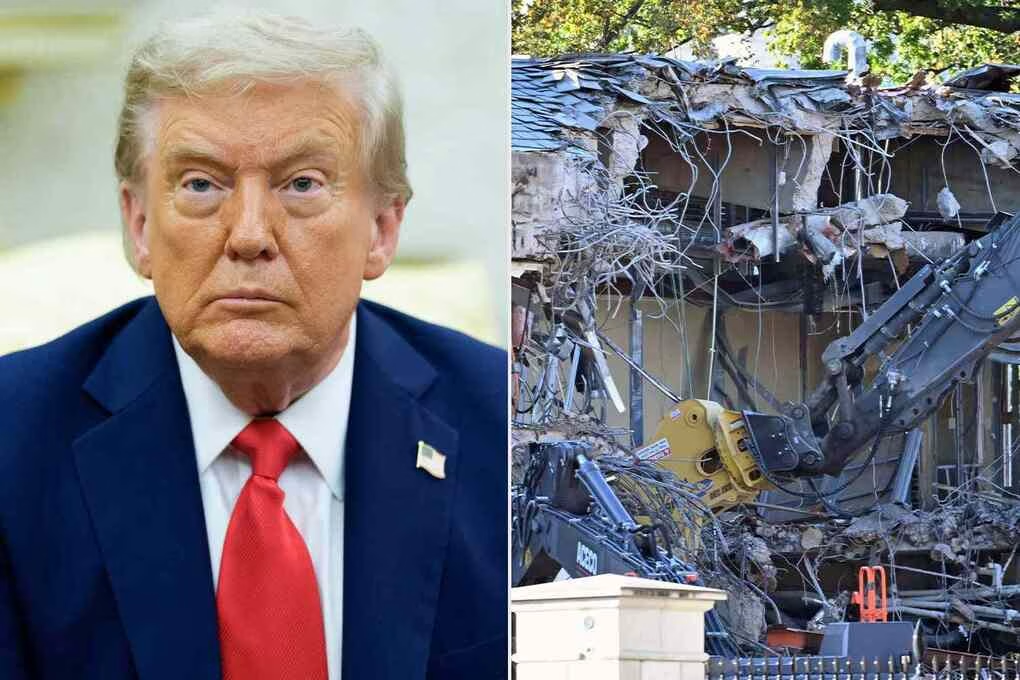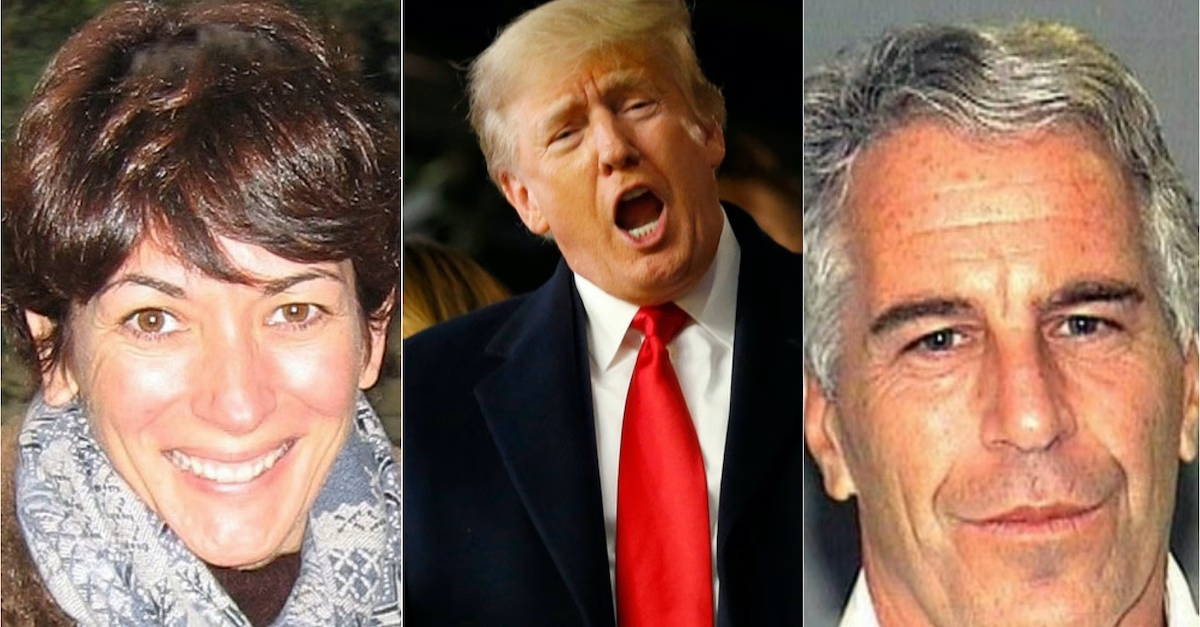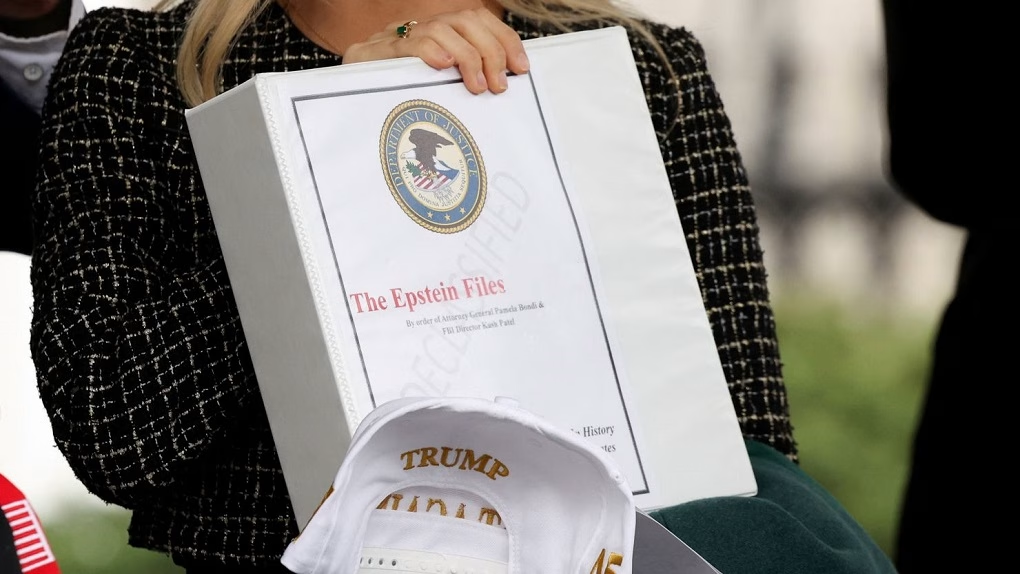By Don Terry & Mary Jones | Wednesday, October 01, 2025 | 5 min read
In 2002, Donald Trump gave a quote that today lands like a grenade. Speaking to New York Magazine about Jeffrey Epstein, Trump said, “I’ve known Jeff for fifteen years. Terrific guy. He’s a lot of fun to be with. It is even said that he likes beautiful women as much as I do, and many of them are on the younger side.”
At the time, it read like another breezy Trumpism—cocky, careless, sprinkled with his usual mix of bragging and boundary-pushing. But reread it in the shadow of Epstein’s crimes, and it stops being harmless banter. It becomes evidence. It becomes the sort of line prosecutors circle in red ink. Because if Trump knew Epstein’s taste in “younger” women was more than a rumor, and if he never reported it, that could make him complicit. Misprision of felony, obstruction, accessory—whatever the statute, the deeper crime would be silence.
This isn’t just about whether Trump could face legal exposure. It’s about ethics, decency, and the sickening reality that powerful men have spent decades circling Epstein while pretending not to notice what he really was. Trump wasn’t a random acquaintance. He knew Epstein well enough to praise him in public. That alone demands scrutiny. Because when a man who would later sit in the Oval Office casually acknowledges that his “terrific” friend chases women on the “younger side,” we have to ask: what did he know, and why didn’t he care?
For some, these questions are too uncomfortable to entertain. That’s why art often steps in where institutions fail. Last week in Washington, anonymous artists installed a twelve-foot statue on the National Mall called Best Friends Forever. It showed Trump and Epstein holding hands like schoolboys, grinning as if to say, yes, we belong to each other. The statue was permitted, legal, and provocative in the best way: a confrontation with history that official Washington has worked hard to sanitize.
But the government couldn’t stand it. Federal officials tore the statue down almost immediately, ignoring the valid permit. They handled it so roughly they broke pieces off, including most of Trump’s head. The artists retrieved it, repaired it, and came back with another permit to try again. This time they were met with a small phalanx of vehicles—some unmarked—ready to seize the work before it ever touched the ground. Once again, the statue disappeared into custody, buried like the very truths it tried to force into daylight.
What the government doesn’t seem to understand is that censorship rarely ends a story. The artists, undaunted, released the 3D printing files for Best Friends Forever online. Now anyone with a printer can reproduce it, whether on a grand scale or in miniature. A single statue can be smashed; hundreds, maybe thousands, cannot. By trying to erase the message, officials only multiplied it.
This is what drives people in power mad. They thrive on intimidation and control, banking on the public being too cowed to resist. But resistance has a way of replicating itself, just like those digital files. Once the idea is loose in the world—that Trump and Epstein were “best friends,” and that Trump himself admitted as much—it can’t be stuffed back into a box.
Trump’s defenders will say this is all a witch hunt, that the 2002 quote was a throwaway line and nothing more. But the truth is, Trump didn’t have to say it. He chose to. He chose to describe Epstein as terrific. He chose to wink at Epstein’s pursuit of “younger” women. That choice now reads like a confession of indifference at best, complicity at worst.
And here’s the deeper point: this isn’t just about Trump. It’s about how society handles men like him, men who hover close to predators but skate by untouched because of their own wealth and power. Epstein collected these kinds of men like trophies. Too many of them looked the other way, and the cost of their silence was measured in victims’ lives.
The artists behind Best Friends Forever understood something Washington still refuses to admit. Symbols matter. Statues matter. They force us to see what polite conversation and political spin try to bury. If the government wants to tear down a work of protest art, fine—but the questions it raises will not go away. Trump’s friendship with Epstein is not a footnote. It’s a test of whether this country can face its ugliest truths, even when they involve the rich and powerful.
Trump once boasted about his terrific friend, the man who preyed on the young and vulnerable. No amount of spin or statue smashing will erase that. The only question left is whether America will keep looking away, or whether it will finally admit that complicity isn’t confined to Epstein alone.
Comey’s Charges Had Nothing to Do With Russia Interference — This Was Trump’s Payback
Epstein Files Put Musk Back in Spotlight—Could Tesla’s $29 Billion Shareholder Payout Be at Risk?
Mexico Is Not the Origin of the Drug Trade—Europe and Big Pharma Were There First
Trump’s Russia ‘Paper Tiger’ Remark Steals the Spotlight as 2025’s Best Punchline
Nexstar, Sinclair Refuse to Broadcast ‘Jimmy Kimmel Live!’ Following ABC Return






